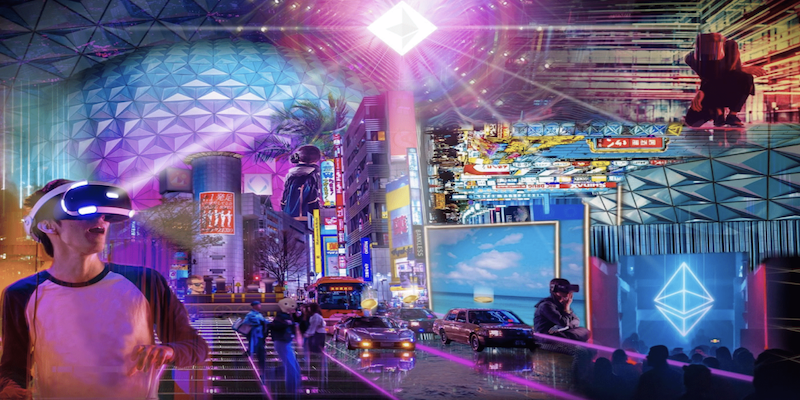
Over the past year or so, thanks to the ‘acceleration of technology adoption’ phenomena that we witnessed due to the onset of covid-19 pandemic, filmmakers sought out new-age methods to resume their projects despite the pandemic-induced ban on large gatherings.
While the pandemic proved to be a big dampener on the spirits of filmmakers and VFX artists, the adage of “necessity being the mother of invention’’ came into sharper focus. Slowly and gradually the industry began to adapt to the remote style of working with technology providers dishing out effective software and tools to make that happen. We saw tools like cloud, shotgrid, remote pipelines, faster GPUs, real time compositing, and even virtual production come to the fore and get increasingly leveraged by the producers.
While the ball was set rolling by Mandalorian director Jon Favreu who made use of in-camera visual effects in its full capacity, more and more filmmakers felt inspired to explore this new-age style of filmmaking. Virtual production is largely a product of various elements coming together and it is powered by a game engine called “Unreal Engine”.
We spoke out to Epic Games (India/ASEAN) Tech evangelist Arvind Neelakantan to discuss as to why filmmakers are queuing up to leverage this technology.
Speaking to AnimationXpress about the myriad benefits of virtual production, he shares, “The major advantage and attraction to this is the ability to get feedback in real time. So when you are typically working on a stage or green screen or on a traditional pipeline, you usually leave a lot to imagination and you have this famous saying in the industry; “fix it in post”.”
According to him, “fix it in post’’ phrase is now becoming defunct with Unreal Engine-assisted in-camera visual effects coming into the picture.
He notes, “You are essentially moving your decision-making process much upfront to your pre-production process so that all of your decision-making, visualisation and lighting process is being done over there.”
On being asked if that carries the absolute promise of reducing the shoot time, he clarifies, “By no means am I saying that it is going to reduce your shoot time. But it will make your decision-making and visualisation a lot faster and closer to what the final pixel is going to look like.”
We have been building the Epic Games ecosystem towards the goal of Metaverse
– Arvind Neelakantan Tech Evangelist at Epic Games (India/ASEAN)
With the new way of notching up the visual appeal surfacing, are the old departments like compositing becoming redundant? Neelakantan disagrees. According to him, the role of comp artists will always be relevant even in these times of content revolution.
He shares, “I think comp artists will continue to be there because in-camera visual effects and LED volumes are not something that every production can afford because it is an expensive deal and green screen are very much being used in in-camera visual effects while you are able to visualise things in real time, thanks to composure. But I think it is always good to kind of up-skill yourself and explore what else is going on in the world of filmmaking when it comes to comp artists.”
He notes that if artists have already worked in a production pipeline and they have used a Houdini or Zbrush, they will be comfortable with Unreal Engine.
He informs that Unreal Engine one can render the final pixel right out of the engine itself. He adds, “We have something called the movie render cue that allows you to render out of Unreal Engine like you typically do in offline rendering and those are high quality visuals or 4K or whatever resolution you are looking for.”
With Facebook founder and CEO Mark Zuckerberg envisioning and propagating his virtual dream of Metaverse, the buzz around it has led aficionados to wonder what that entails.
Sharing how Unreal Engine is the perfect tool to help manifest that vision, he shares, “The Metaverse itself is going to be a place where you are not just watching films or you are not just playing games but it also helps you collaboratively make games and movies and produce content. Unreal Engine is well-equipped to help build the Metaverse and the tools around it. We have been building the Epic Games ecosystem towards the goal of Metaverse which includes Unreal Engine, Pixel, Meta Humans, Reality Capture, and many companies that we are working together on. Many creators can come together to build the metaverse itself.”
Upskilling has been the buzz word since the pandemic and according to experts, this is what artists need to become valuable contributors of change. What has democratised the entire learning process is the fact that these software are absolutely free of cost. “The tools that we are adding are all free for you to use and the entry barrier for you to start using it is lower and lower,” he concludes.


